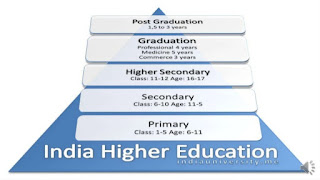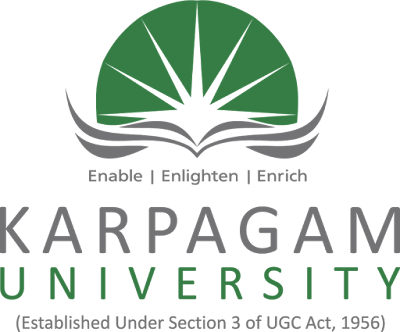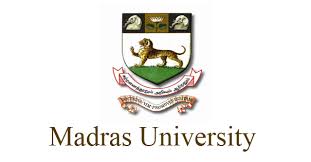The School System in India
How that
works out of the school system in India details, including the type of
education is available...
According
to the law of the right to education in 2009, education is free and compulsory
for all children between the ages of 6 to 14. However, slow improvements being
implemented and disadvantaged groups may not have appropriate access to
educational attainment.
The high value placed on education, it also ensures a stable future. All
parents want their children to attend the best English private schools, but
places are limited. Thus, the admissions process is highly competitive.
Most
Indian schools have a strong focus on academic subjects, with small-scale
creativity and little or no extra-curricular activities. Traditional teaching
methods tend to focus on rote, rather than encourage independent or creative
thinking. There is a strong emphasis on examinations from an early age. This is
what makes the atmosphere in the Indian competitive schools.
Many expats prefer to send their children to international schools. Others
School selects India's most progressive that are less conventional teaching
style.
The Education System
Pre-school: Education
at this level is not mandatory. Montessori system is especially in the
pre-school popularity.
Private play-schools: Catering
for children aged between 18 months and three years.
Kindergarten: This
is divided into a decrease in kindergarten (for three to aged four years)
children and upper kindergarten (for four to five year olds)
Primary school: First
to fifth standard/class/grade (for six to ten year olds)
Middle school: Fifth to eighth standard/class/grade (for 11
to 14 year olds)
Secondary school: Ninth and tenth standard/class/grade (for 14
to 16 year olds)
Higher secondary or pre-university: 11th and 12th standard/class/grade (for 16 to
17 year olds). This is when students choose an academic area on which to focus.
Graduation : A BA is
a three-year degree. Specialised courses such as medicine and engineering can
be longer.
Postgraduate: Two year
course.
Types of Schools
Public/Government schools: Most of the schools
in India which are run by government funding. However, the public education
system is facing serious challenges, including the lack of adequate
infrastructure, inadequate funding, lack of facilities and staff scarce.
Private schools: Since many public schools do not provide
adequate education, Indian parents aspire to send their children to private
schools. Some expats choose to send their children to private schools Indian.
International schools: There are international schools in all the major cities. And attended by
expatriates and Indian children.
National open schools: Providing education
up to higher secondary stage for children who have been cut off education and
were unable to complete a formal education.
Special-needs schools: Providing education
and vocational training is the official for children with disabilities.






